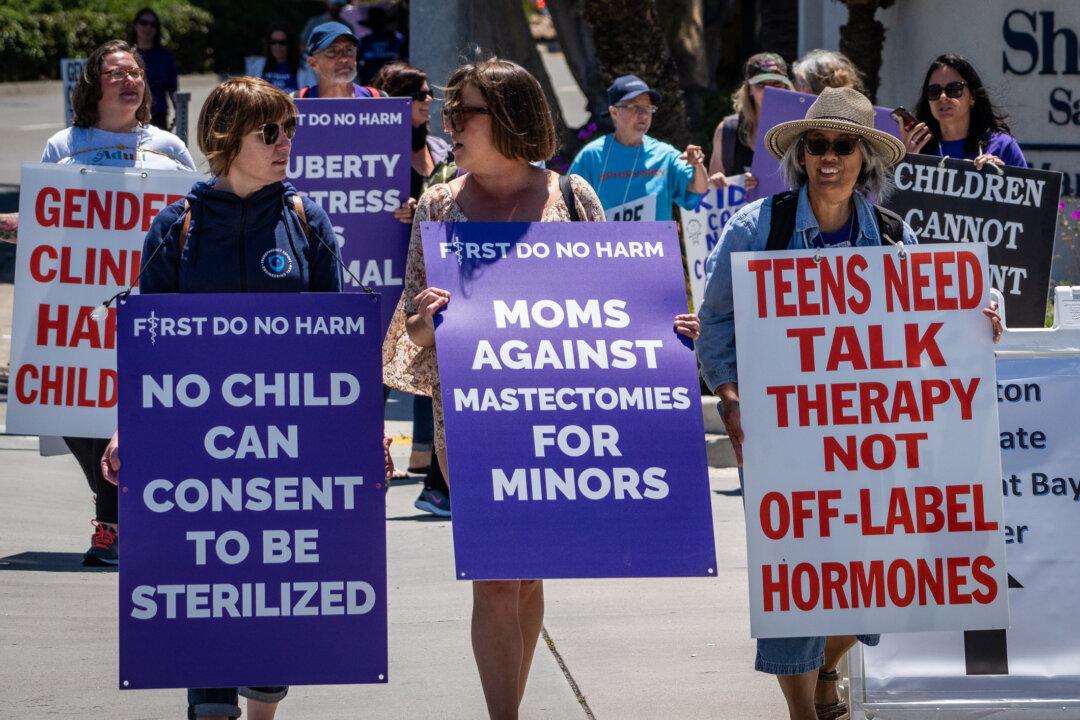A new documentary made by self-described “life-long, West Coast, liberal Democrats” catalogs how the push to spread transgender ideology harms people, including children.
Spotlighting interviews with medical experts, psychologists, and people seeking to reverse steps they took to transition, the “Affirmation Generation” film stares into the pain and loss resulting from the child sex-change movement and transgenderism.




